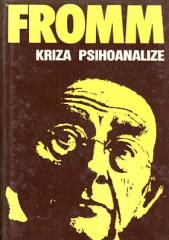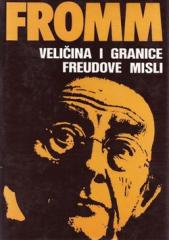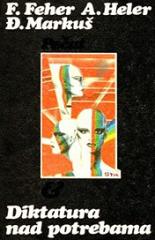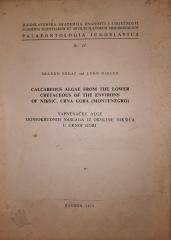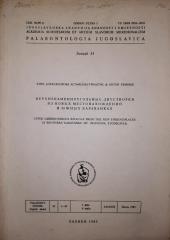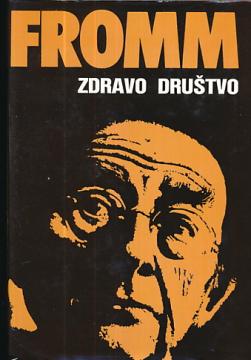
Zdravo društvo
In his book "The Healthy Society," Erich Fromm explores what makes a society psychologically healthy and what makes it unhealthy. The book represents the crowning achievement of Fromm's social and political philosophy, in which he favors a so-called human
In his analysis, Fromm starts from the idea that, just as individuals can be mentally ill, so too can entire societies develop destructive, irrational and pathological forms of behaviour. He criticises contemporary capitalist society for encouraging alienation, conformity, consumer obsession and the dehumanisation of man.
Fromm distinguishes between being and having as two basic ways of being: a healthy society nurtures a way of being – love, creativity, spontaneity and inner fulfilment, while an unhealthy society bases identity on possession, status and superficial values. In such an environment, the individual loses a sense of meaning and connection with others.
For Fromm, a healthy society is one that encourages the development of a productive orientation – a focus on creation, authenticity and responsibility. Such a society must be in harmony with human nature, supporting equality, freedom and mutual respect.
The book is a call for a deep rethinking of social norms, institutions and economic relations. Fromm believes that it is possible to create a more humane society, but this requires the courage to change and a departure from the illusion that the current order is the only possible one.
Two copies are available
